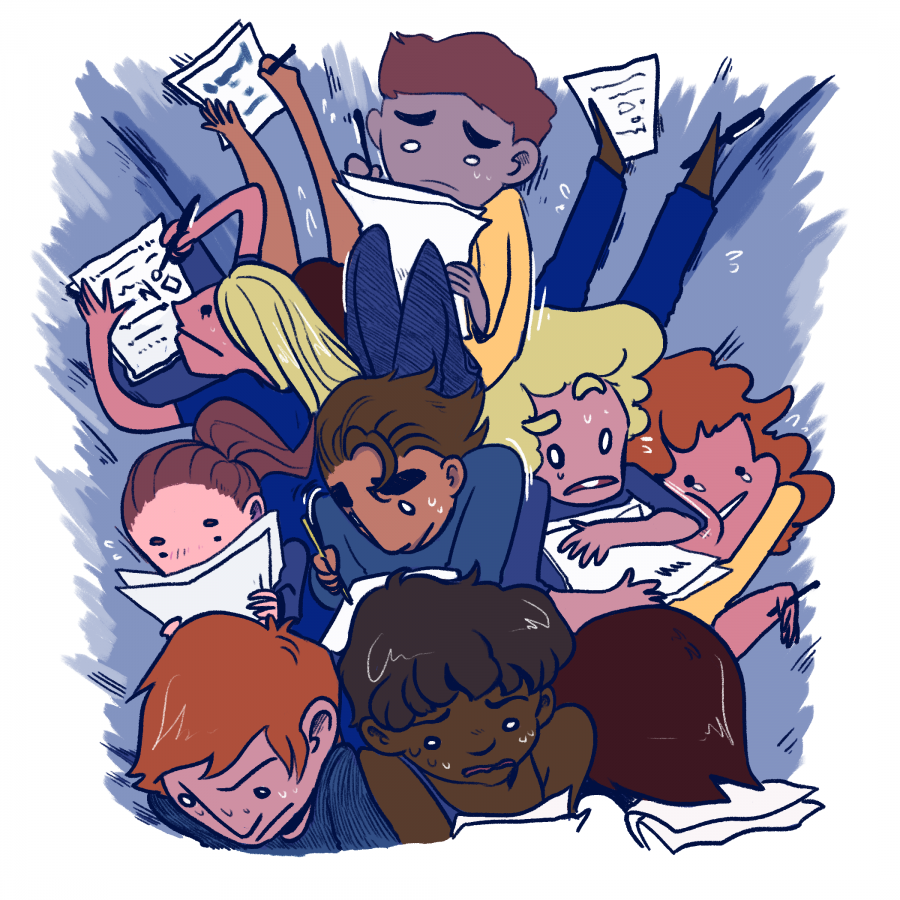SSD staffing shortages limit number of available appointments
December 18, 2021
Editor’s Note: This article first appeared in the November 5 flipbook.
As of late October, Services for Students With Disabilities does not have available appointments to process accommodations until December due to staffing shortages.
“This (delay) seems like it’s something that’s more unique to this semester,” said Emily Shryock, SSD’s assistant director. “But we also do know that there’s more students, potentially, who have been diagnosed with disabilities or especially mental health conditions as a result of the pandemic.”
Shryock said that while SSD does not limit the amount of accommodations it issues every semester, lack of staffing has limited the number of appointments it is able to process. Typically, SSD aims to offer an appointment to a student within two weeks after they submit documentation. Currently, the wait has almost doubled, Shryock said.
Shryock said she did not have information on how many students are currently waiting to be granted accommodations.
While registered students do not have to re-request accommodations, new requests increase about 10% every year, and Shryock said staffing may not always match the growing demand.
“For a lot of students last year, online learning offered … flexibility, and so we found a lot of freshmen last year, and probably even a lot of transfer students, didn’t feel the need to register with SSD,” Shryock said. “When fall came around and we started transitioning back to campus, we had all of this year’s freshmen and transfer students in addition to all the ones from last year (to accommodate).”
Shryock said she doesn’t know if the delay will continue into next semester. In mid-October, SSD submitted a proposal to UT administration to add funding for additional staff members, but Shryock said even if the proposal is approved, it takes time to train new staff members.
Divya Kashyap, a member of the Natural Sciences Council who worked on a campaign to increase accessibility for students with disabilities, said she had trouble getting accommodations her freshman year despite having the correct paperwork. Kashyap said she eventually gave up.
“Something UT needs to do is help diversify student services … and also allocate more funds and resources to help the people (in SSD) who are trying their best,” nutritional sciences junior Kashyap said. “I understand that there needs to be a system in place (to get accommodations), but it’s just frustrating to me that it’s completely up to the student because, having disabilities, you’re always advocating for yourself.”
Cole Glosser, president of the Disability Advocacy Student Coalition, said while staffing shortages are not SSD’s fault, it is unacceptable UT administration did not plan to accommodate the influx of requests as the University transitioned to largely in-person learning for the first time in a year and a half.
“It’s also the perfect storm of having staffing shortages in pretty much every area, but of course that doesn’t mean that students’ right to an accessible education should suffer,” the sports management senior said. “I don’t think that the University is trying to harm students, but it is the consequence of not thinking significantly about how this issue was going to impact this semester particularly.”



